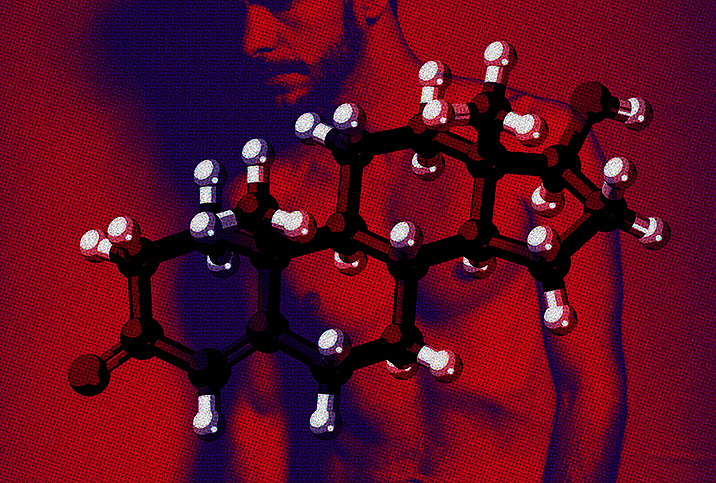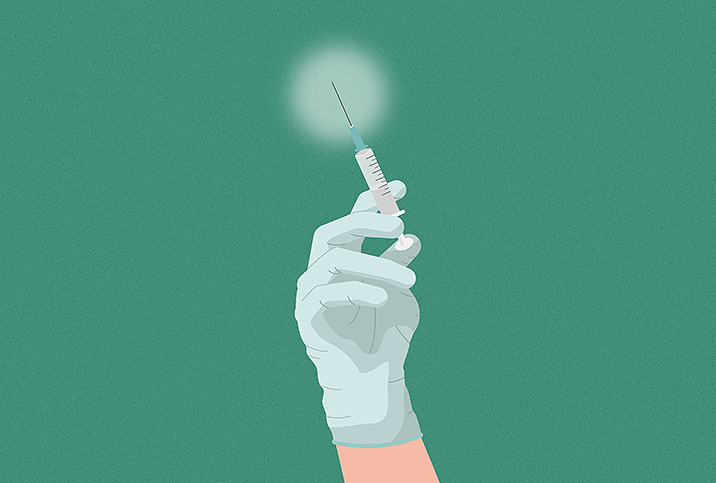Androgen Deprivation Therapy and Sex

Androgen deprivation therapy (ADT) is a medical procedure that aims to reduce a man's testosterone levels to help slow down or eliminate the spread of prostate cancer. Even though this form of cancer treatment is highly effective, it can reduce or even erase a man's desire for sex and leave him with considerable health issues.
Considering 1 in 8 men will be diagnosed with prostate cancer at some point in their lifetime, finding a way to balance androgen deprivation therapy with healthy sexual habits and forms of intimacy can play a crucial role in a happy relationship. Striking this balance can also assist in easing the discomfort and fear that often go hand in hand with cancer treatment.
How ADT works
Androgen deprivation therapy seeks to reduce the amount of testosterone being produced in the testicles—because prostate cancer growth is fueled by testosterone. However, this form of androgen therapy only works during the beginning phases of prostate cancer diagnosis. And even with treatment, cancerous growth can reappear years after ending the treatment.
More permanent forms of androgen deprivation include surgery to remove the testicles and basically eliminate the circulation of testosterone in a man's body. While androgen deprivation therapy is usually highly effective, the hormonal imbalance it creates can cause more problems for men, such as osteoporosis, anemia, and a greatly reduced or complete loss of interest in sex.
Enjoying physical intimacy during ADT
Due to the absence of testosterone, a man's libido usually falls away after ADT begins. For men and their partners, this could mean regular sex might be temporarily on hold. Combining this new development with the stress and pain of cancer treatments or recovery can be difficult for both patients and their partners. So the most important aspect for men and their partners to keep in mind during ADT is that personal health and relationship health go hand in hand.
Remember, a change in sexual desire doesn't have to represent the end of having fun in bed together. For men who aren't motivated or physically capable of penetrative sex, oral sex and partner stimulation can be viable options for heating things up. By finding alternative forms of sexual intimacy, and providing emotional support when physical intimacy isn't possible, men and their partners can create a relationship dynamic that will survive a cancer diagnosis.
Looking to the future
Even though a man's testosterone levels will drop drastically during androgen deprivation therapy, after the treatment ceases, his testosterone balance can restore itself to a normal degree—and, depending on the severity of the prostate cancer, he may be able to enjoy penetrative sex and a healthy libido much in the same way he did before.
In addition, medical research continues to seek ways to minimize the effects ADT has on sexual function, and to propose alternate therapies for maintaining relationship intimacy and new educational programs to help with the adjustment. The significant amount of research into both the physical and mental effects of ADT is good news for all men being treated, as well as their partners.

















